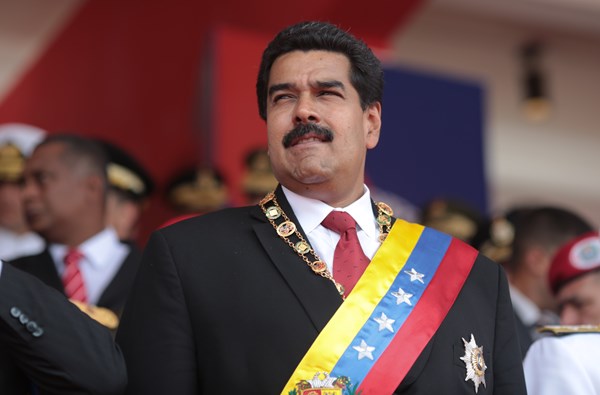Russian oil conglomerates help Venezuelan President Maduro to stay in power
Moscow continues pouring money into the treasury of Venezuela, whose economy plunged into a chaos caused by currency shortages, lack of essential goods and protests, during which more than 120 people were killed.
In the second quarter, Venezuela received another $1 billion from Russia’s Rosneft, as reported by Finanz news web site with reference to Raiffeisenbank's semi-annual IFRS report.
The money was transferred to the accounts of PDVSA, a Venezuelan oil company that consolidates the last industry in the country that is still functioning: the extraction and processing of crude oil. Through it, Venezuela receives 96% of all foreign currency earnings, enabling it to import food and avoid mass starvation.
The Russian loan was formalized as a prepayment for the purchase of Venezuelan oil. A similar transaction worth $1.5 billion was concluded last summer but ended in failure.
By February, the loan was 50% overdue. According to Reuters, PDVSA is drowning in debt and could not deliver aviation fuel and crude petroleum worth $750 million due to the seizure of tankers and a terminal in the Bahamas.
Despite this, the state company Rosneft decided to increase financial aid to the regime of President Nicolas Maduro, the former bus driver who mobilized the army to suppress protests in April, and in August convened the Constituent Assembly to change the constitution and deprive the opposition parliament of levers to influence the government.
In the second quarter, Rosneft's cash flow was already negative. The withdrawals from the company’s accounts surpassed the credits. Generosity towards Venezuela has increased the hole in the company’s balance sheet to 183 billion rubles or about $3.04 billion, as calculated by Raiffeisenbank.
As a result, the company's cash supply decreased from RUB 790 billion ($ 13.11 billion) to RUB 439 billion ($ 7.29 billion). The company was losing cash at a rate of about 2 billion rubles ($33.2 million) a day.
As with last year, the money arrived at Venezuela on the eve of large payments on foreign debt, which threaten the country with a default.
In April, the Venezuelan government repaid the largest payment of this year to Western creditors: $3 billion. In August, $725 million more is supposed to be paid, and another $3.5 billion in October and November.
